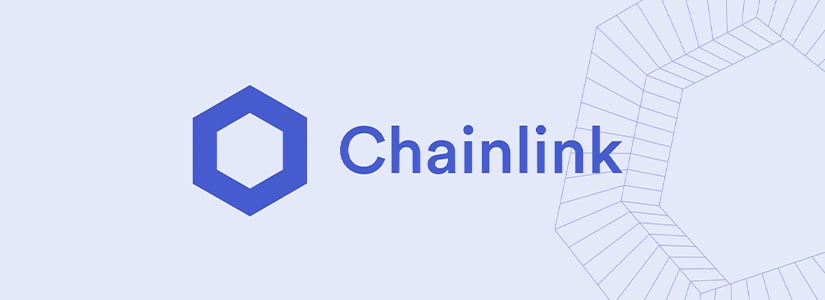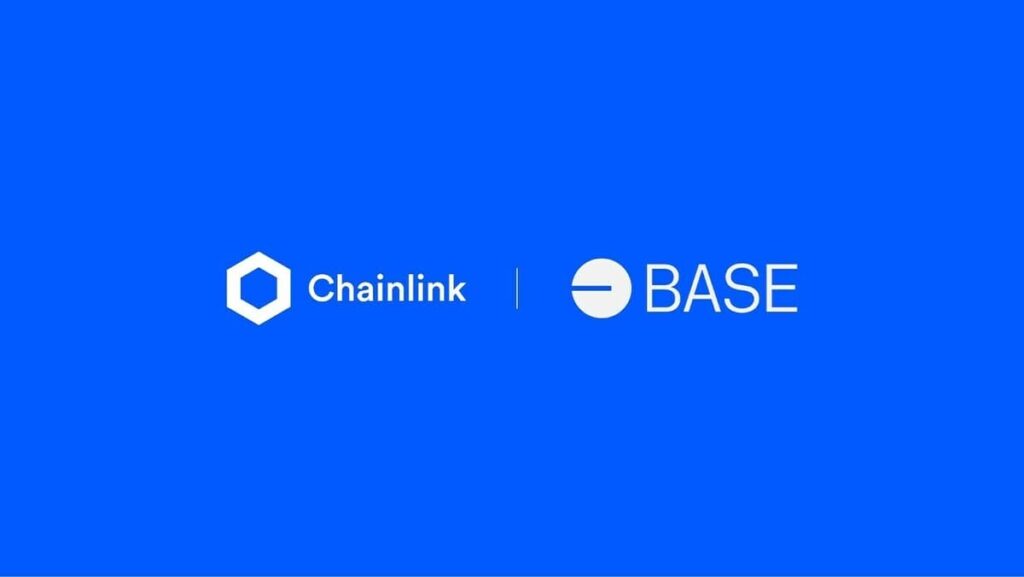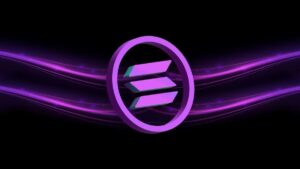TL;DR
- Chainlink has deployed its entire product suite on the Base Ethereum L2 network, including key tools like Data Streams and Verifiable Random Function (VRF).
- Base has reached a daily transaction volume of over 4 million, surpassing and doubling Arbitrum.
- Data Streams provides low-latency market data for DeFi products, while VRF enhances developer experience with improved gas consumption prediction.
Chainlink has announced the full implementation of its product suite on the Base network, an Ethereum L2 solution incubated by Coinbase. LINK has deployed key tools like Data Streams and Verifiable Random Function (VRF) on the Base network, offering developers a robust set of resources for creating decentralized applications (dapps).
The Base network has grown exponentially in the past year, reaching a daily transaction volume of over 4 million, surpassing its closest competitor, Arbitrum, which processed 1.8 million transactions during the same period. The success and rapid expansion are evidence of Base’s increasing adoption as a preferred platform for Ethereum transactions.
Chainlink Data Streams and VRF are now officially live on @base.
With these latest integrations, all #Chainlink services are now live on Base, making the Chainlink Scale partner incubated by @coinbase fully platformed on Chainlink.https://t.co/2FqF39ZqIR pic.twitter.com/8Rorar5byr
— Chainlink (@chainlink) August 15, 2024
Data Streams is noted for providing low-latency market data and automated execution, facilitating the development of high-speed, user-friendly DeFi products. It was designed to offer a user experience comparable to centralized exchanges, while maintaining the security and speed characteristic of blockchain technology.

Chainlink Enhances DeFi Application Development
On the other hand, VRF is a widely adopted random number generator in the Web3 ecosystem, with over 21 million transaction requests fulfilled across various blockchains. The recent upgrade to version v2.5 introduced necessary and anticipated improvements, such as low-friction billing and enhanced gas consumption predictions based on network conditions, optimizing the developer experience.
The integration of Chainlink and Base will boost development capacity on the network. Additionally, it establishes a secure and scalable development environment. The layer-2 solution offers a reliable space for deploying Ethereum-compatible code and connecting users and assets from Ethereum and other interoperable chains.
Tom Vieira, Head of Product at Base, and Thodoris Karakostas from Chainlink Labs highlighted the positive impact it will have on building the next generation of DeFi applications










